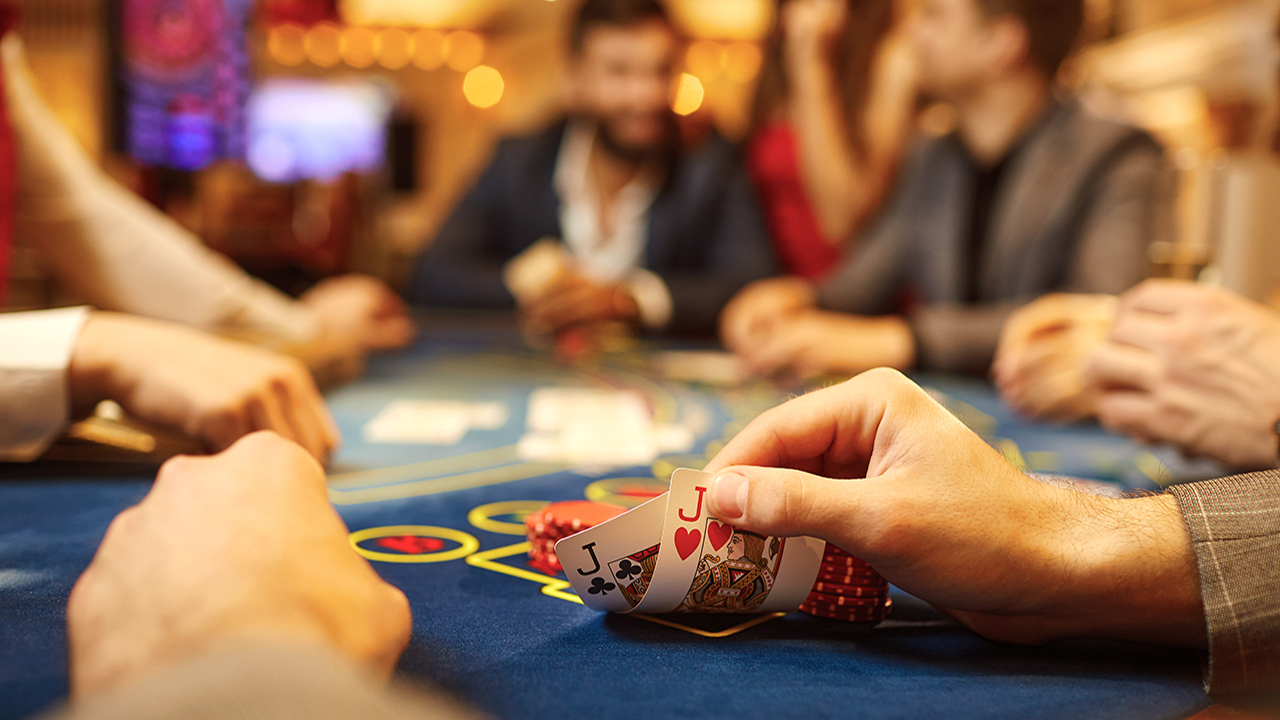Millions of casino gamers worldwide genuinely believe there’s a way of beating the system. The quest to tip the balance in favour of the player is ongoing, though reversing (or even reducing) the house edge isn’t as easy as it sounds.
Realistically, there’s only one sure-fire way of giving yourself an edge over the casino. For those who know their way around a blackjack table, counting cards can and often does work. Nevertheless, it’s an extremely difficult strategy to master and almost impossible to get away with.
You’re more likely to be tossed out and told not to return, as opposed to pocketing a prize at the expense of the casino.
Outside this, there are several other popular gambling strategies countless casino fans believe in. Some of which are indeed based on logic and even mathematics, though in all instances aren’t exactly reliable.
Common sense should tell you that if there was a single bullet-proof strategy you could count on to deliver positive results, we’d all be using it right now. Consequently, the casino industry as it exists would go out of business, or would need to massively rethink the games on offer.
Instead, this simply isn’t the case – even the most popular online casino strategies are far from foolproof.
The Four Biggest Gambling Strategies
What’s appealing to many about the gambling strategies we’re examining here is the way in which they’re (supposedly) universally applicable. Not only can they be used across a variety games, but they’re also just as ‘effective’ online as in a traditional casino.
We use the term ‘effective’ loosely as they’re not particularly reliable or realistic, as you’ll see when we examine them in a little more detail.
Here’s a very brief overview of how the world’s four biggest gambling strategies work and why they’re really not worth bothering with:
The Martingale betting system
How it works – The basic principle of the Martingale system is to continuously double your wager each time you lose. From a purely mathematical perspective, this would therefore mean that when you eventually win, you cover your losses and boost your bank roll with a tiny profit.
Why not to bother – By doubling your bet each time you lose, you will quickly find yourself putting massive amounts of money on the line. You’ll therefore need a huge bank roll to make the Martingale system work, with the payoff being the prospect of a potentially minor profit at some point.
The Paroli betting system
How it works – This system works in the opposite way to the strategy above, in that you increase the amount you bet each time you win. Again, Paroli exploits the principle that by increasing the amount you bet with each win, you stand to win more than you lose over an extended period of time.
Why not to bother – Exactly the same as the above, you would need potentially enormous bankroll to make this strategy work. There are no guarantees of wins at any point along the line, so you could face heavy losses before generating a tiny profit.
D’Alembert betting system
How it works – This is something of a combination strategy, which involves increasing your wager after each loss and subsequently reducing it after each win. In theory, this is supposed to bring about the same benefits as the Martingale system, though without taking such a heavy and continuous toll on your bank roll.
Why not to bother – Not only does this betting system by no means guarantee profits, but it can also be an extremely boring and tedious approach to gambling that takes all of the fun out of the game.
How it works – Popular for generations, this betting system involves re-investing everything you have won so far in your next wager following each successful bet. If you lose, you return to the original bet you placed, which should be relatively small to minimise losses.
Why not to bother – It’s not worth bothering with this system as its capacity for generating profits is minimal. For the most part, you’re more likely to minimise how much you lose than increase the amount you with.
Feel free to try your luck with any of the above if you like, but having a go with virtual currency online is a good place to start. This way, you’ll get a feel for whether you can cope with the potential risks involved, should you go ahead and put your own bankroll on the line.
Which Casino Games Have the Lowest House Edge?
Realistically, the best way of tipping the balance in your favour is to stick with casino games with a comparatively low house edge. There’s not a great deal you can do to give yourself an advantage over the casino, so it simply makes sense to reduce the house edge to the bare minimum.
In which case, these are the games you should probably spend your money on:
Blackjack
As previously touched upon, card accounting can give you a serious advantage when playing blackjack at a real-life casino. However, it’s not an option online and nor is it within the capabilities of most players. Still, play blackjack strategically and the house edge can be as small as 1%.
European Roulette
Never play American roulette if European roulette is available…period. There’s little to no difference between the two, other than the addition of a double-zero on the US version and a higher chance of losing. When wagering on Red/Black, Odds/Evens etc. with European roulette, the odds are as close to 50/50 as it gets in a casino.
Online Slots
Last up, many online slots also have a comparatively low house edge. Look for slots with an RTP of 97% or more, which means that for every £100 they collect, they pay out at least £97 in prizes. There’s no way of cheating an online slot, so you may as well go for those that are more generous by design.
You might also find the following articles interesting:
- 3 Ways 5G Will Benefit Online Casinos
- A Few Odd and Amusing Chinese Gambling Superstitions
- Casino War: Introduction, Rules and Tips














